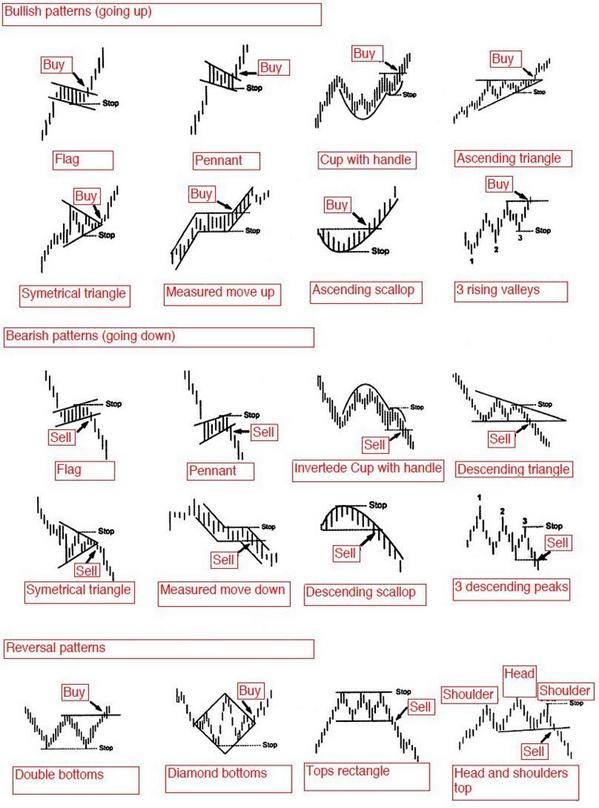Mark Spitznagel and Nassim Taleb started the first equity tail-hedging firm in 1999. Since then these two friends and colleagues have helped popularize so-called “black swan” investing, with Spitznagel as the founder and CIO of hedge fund Universa Investments and Taleb as an academic and author of The Black Swan. The two men recently sat down to discuss Spitznagel’s new book, The Dao of Capital, as well as their reactions to and criticisms of Thomas Piketty’s book. Here is a transcript of their conversation:
Nassim Taleb: Mark, your book is the only place that understands crashes as natural equalizers. In the context of today’s raging debates on inequality, do you believe that the natural mechanism of bringing equality — or, at the least, the weakening of the privileged — is via crashes?
Mark Spitznagel: Well straight away let’s ask ourselves: Are we really seeking realized financial equality? How can we ever know what is the natural or acceptable level of inequality, and why is it even the rule of the majority to determine that? That aside, one can absolutely say logically and empirically that asset-market crashes diminish inequality. They are a natural mechanism for this, and a cathartic response to central banks’ manipulation of interest rates and resulting asset-market inflation, as well as other government bailouts, that so amplify inequality in the first place. So crashes are capitalism’s homeostatic mechanism at work to right a distorted system. We are in this ridiculous situation where utopian government policies meant to lessen inequality are a reaction to the consequences of other government policies — a round trip of market distortion. After we’ve been run over by a car, the assumed best treatment is to back the car over us again.
Taleb: I see you are distinguishing between equality of outcome and equality of process. Actually one can argue that the system should ensure downward mobility, something much more important than upward one. The statist French system has no downward mobility for the elite. In natural settings, the rich are more fragile than the middle class and we need the system to maintain it. (more…)

 1) What is the quality of your self-talk while trading?
1) What is the quality of your self-talk while trading?





